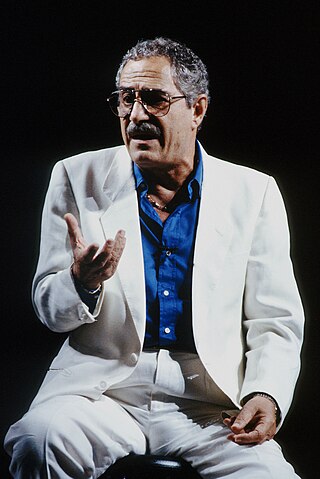
Saturnino "Nino" Manfredi was an Italian actor, voice actor, director, screenwriter, playwright, comedian, singer, author, radio personality and television presenter.

Eraclio Petri, commonly known as Elio Petri, was an Italian film and theatre director, screenwriter and film critic. The Museum of Modern Art described him as "one of the preeminent political and social satirists of 1960s and early 1970s Italian cinema". His film Investigation of a Citizen Above Suspicion won the 1971 Academy Award for Best Foreign-Language Film, and his subsequent film The Working Class Goes to Heaven received the Palme d'Or at the 1972 Cannes Film Festival.

Francesco "Ciccio" Ingrassia was an Italian actor, comedian and film director.
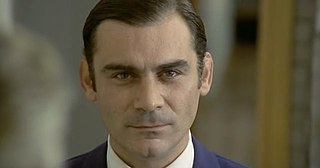
Gian Maria Volonté was an Italian actor and activist. He is best known for his roles in four Spaghetti Western films: Ramón Rojo in Sergio Leone's A Fistful of Dollars (1964), El Indio in Leone's For a Few Dollars More (1965), El Chuncho Munoz in Damiano Damiani's A Bullet for the General (1966) and Professor Brad Fletcher in Sergio Sollima's Face to Face (1967).

The Working Class Goes to Heaven, released in the US as Lulu the Tool, is a 1971 Italian satirical political drama film directed by Elio Petri. It depicts a factory worker's realisation of his own condition as a simple tool in the process of production. The film was awarded the Grand Prix du Festival International du Film at the 25th Cannes Film Festival, sharing it with Francesco Rosi's The Mattei Affair.
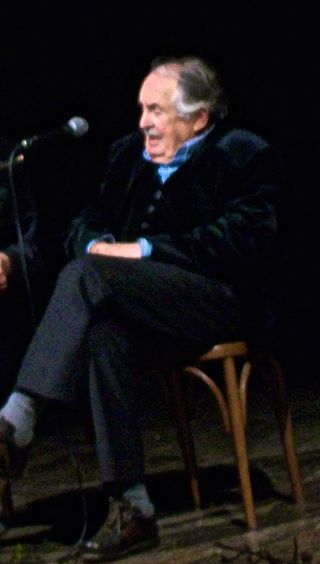
Antonio "Tonino" Guerra was an Italian poet, writer and screenwriter who collaborated with some of the most prominent film directors in the world such as Andrei Tarkovsky, Michelangelo Antonioni, Theo Angelopoulos, and Federico Fellini.
The Nastro d'Argento for Best Director is a film award bestowed annually as part of the Nastro d'Argento awards since 1946, organized by the Italian National Association of Film Journalists, the national association of Italian film critics.
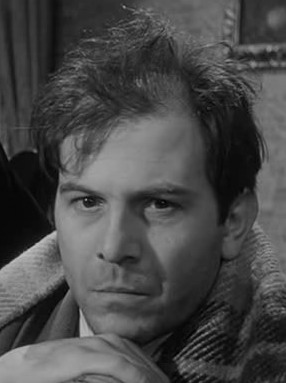
Enrico Maria Salerno was an Italian actor, voice actor and film director. He was also the voice of Clint Eastwood in the Italian version of Sergio Leone's Dollars Trilogy films, and the voice of Christ in The Gospel According to St. Matthew directed by Pier Paolo Pasolini.

Franco Fabrizi was an Italian actor.
The Nastro d'Argento is a film award assigned each year, since 1946, by Sindacato Nazionale dei Giornalisti Cinematografici Italiani, the association of Italian film critics.

Ettore Manni was an Italian actor, active in film and television from 1952 and 1979. He was a popular leading man during the 1950’s and ‘60s, when he was a star of the peplum genre. In the following decade, he primarily played supporting roles, with his last appearance in Federico Fellini's City of Women (1980).

Riccardo Garrone was an Italian actor and dubber.

Gianrico Tedeschi was an Italian actor and voice actor.

The Assassin is a 1961 Italian-French crime drama film directed by Elio Petri starring Marcello Mastroianni. It was Petri's feature film debut as a director.

Property Is No Longer a Theft is a 1973 Italian-French comedy drama film directed by Elio Petri.

His Days Are Numbered, also titled Numbered Days, is a 1962 Italian drama film directed by Elio Petri.
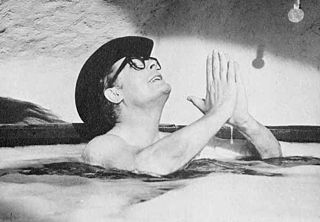
The list of the 100 Italian films to be saved was created with the aim to report "100 films that have changed the collective memory of the country between 1942 and 1978". Film preservation, or film restoration, describes a series of ongoing efforts among film historians, archivists, museums, cinematheques, and non-profit organizations to rescue decaying film stock and preserve the images they contain. In the widest sense, preservation assures that a movie will continue to exist in as close to its original form as possible.

Chronicle of a Homicide is a 1972 Italian crime-drama film directed by Mauro Bolognini.

Elisa Mainardi was an Italian stage, film, and television actress.

Gang War is a 1971 criminal comedy film written and directed by Steno and starring Carlo Giuffré, Pamela Tiffin, Vittorio De Sica, Aldo Fabrizi, Jean-Claude Brialy and Salvo Randone.


















